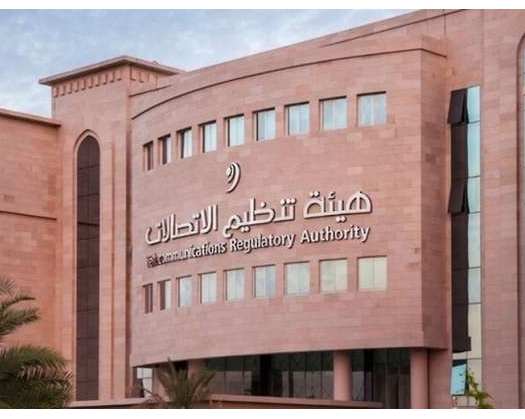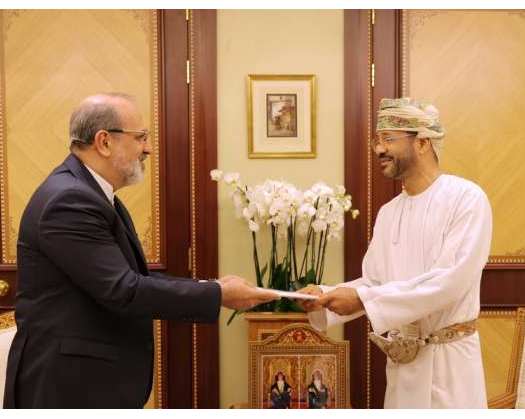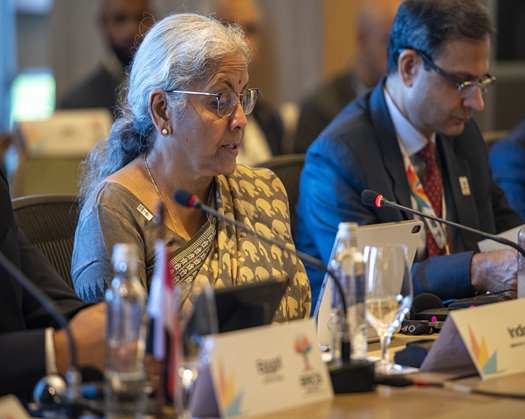Oman is entering 2025 with a range of significant regulatory updates, including the discontinuation of certain currency denominations, a reinforced prohibition on single-use plastics, and the implementation of cost-reflective electricity tariffs.
The Central Bank of Oman (CBO) has officially removed several banknotes from circulation, representing a notable transformation in the nation’s financial framework.
Effective January 1, specific notes will cease to be valid for transactions, thus losing their status as legal tender. The denominations affected include banknotes from the fifth issue (1995), subsequent upgrades (2000, 2011, and 2012), as well as certain commemorative notes released in 2005, 2010, and 2019.
In the months leading up to this deadline, the CBO conducted a campaign encouraging residents to exchange these notes for newer versions to facilitate a seamless transition.
Banks throughout Oman supported this initiative by accepting the withdrawn notes until December 31.
“These changes are part of our commitment to modernizing the currency system and improving financial efficiency,” stated a spokesperson from the CBO at the time of the announcement.
Additionally, institutions and retailers were instructed to accept the outdated denominations during the exchange period, which officially concluded on December 31 (Tuesday).
Oman is taking significant steps to boost regional trade by implementing a unified customs tariff as part of the Gulf Cooperation Council (GCC) initiative. Starting January 1, this new system will utilize 12-digit codes, replacing the former 8-digit format, to standardize customs processes among GCC member countries. This change is anticipated to streamline trade operations and enhance economic collaboration within the region.
In addition to these trade reforms, Oman is advancing its commitment to environmental sustainability with the second phase of its ban on single-use plastic bags, effective January 1.
The Environment Authority (EA) has broadened the ban to encompass more types of thin plastic bags that pose environmental risks. This initiative aims to mitigate pollution impacting soil, marine ecosystems, and wildlife, while encouraging the adoption of sustainable alternatives like cloth and paper bags. To ensure adherence, the EA will conduct inspection campaigns and impose fines on violators. The EA emphasized that the long-term advantages of using reusable bags significantly outweigh the convenience of single-use plastics, urging both businesses and individuals to support this initiative.
Furthermore, the introduction of cost-reflective electricity tariffs represents a major transformation in Oman’s utilities sector. Residential and non-residential consumers now have the option to select from variable, fixed seasonal, or year-round tariffs based on their energy consumption. These rates are intended to foster energy efficiency and transparency while providing competitive choices for various usage categories.
Through these comprehensive reforms, Oman demonstrates its commitment to sustainability, economic modernization, and regional cooperation as it enters a promising new year.











